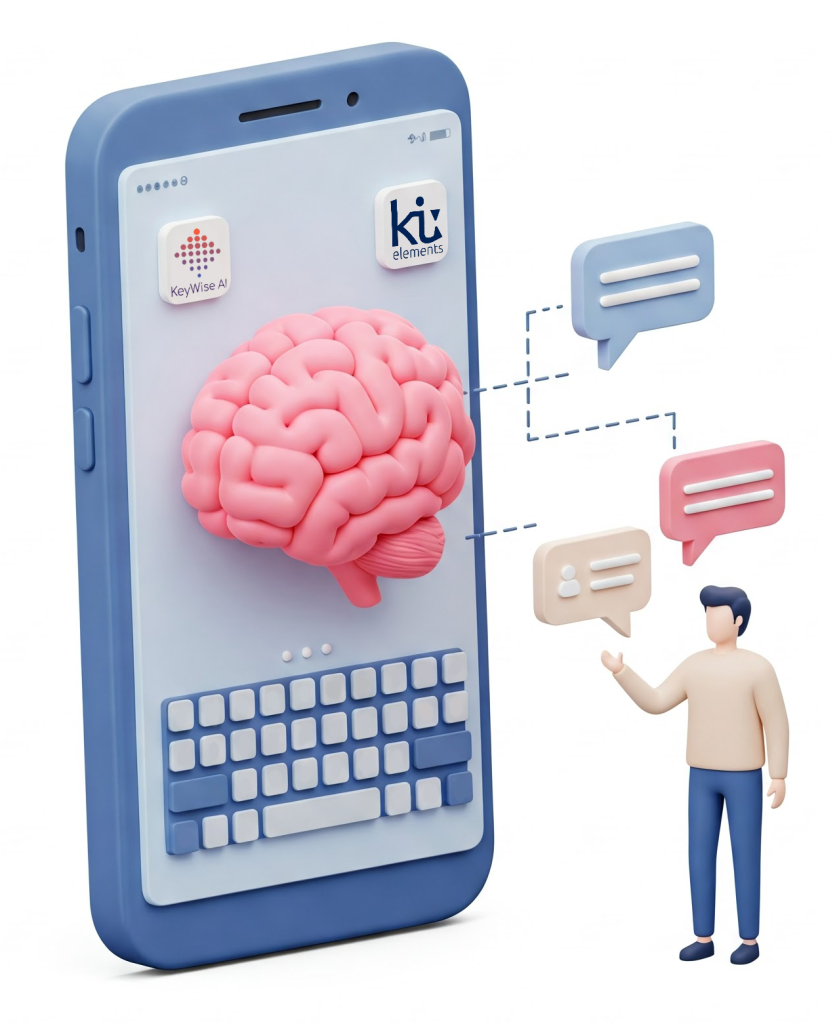Investigators:
Raeanne C Moore, PhD, University of California San Diego
Yeonsu Song, PhD, RN, FNP-C, University of California Los Angeles
MassAITC Cohort: Year 4 (AD/ADRD)

Initial Proposal Abstract: This pilot project leverages cutting-edge artificial intelligence and digital biomarker technology to monitor cognitive fluctuations in family caregivers of persons living with dementia. By utilizing passive smartphone keystroke tracking through KeyWise AI’s secure keyboard extension alongside active speech assessments via ki:elements’ Speech Biomarker for Cognition, the project aims to capture real-time, day-to-day changes in cognitive function. This innovative approach utilizes everyday digital interactions into meaningful insights about brain health, providing a low-burden solution for early detection of Alzheimer’s disease risk.
The project has three primary aims. First, it will develop and deploy an on-device algorithm to generate a “CogniRhythm” score that reflects diurnal variations in cognitive performance as derived from keystroke dynamics. Second, the study will assess the relationship between this digital cognitive rhythm and caregiver impact by examining associations with lifestyle factors such as sleep quality, stress, and overall burden. Third, it will evaluate whether combining keystroke-based measures with speech-derived cognitive assessments enhances the accuracy of detecting early Alzheimer’s risk among caregivers.
Data for the pilot will be collected from 50 high-risk family caregivers recruited from existing clinical trials. Continuous keystroke metadata—including typing speed, inter-key delays, and related behavioral patterns—will be captured via a custom smartphone keyboard, while speech data will be gathered through weekly automated assessments using a dedicated smartphone app. Complementary self-report questionnaires will assess mental and physical health, sleep quality, and caregiving burden, providing additional context to validate and refine the digital biomarkers for cognitive decline.
